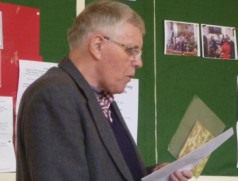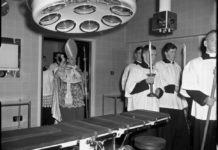Bob Purdie, who died this weekend (November 30th 2014), dedicated his life to left-wing politics, and he is being mourned by his many friends on the Irish left. Bob, whose interest in Northern Ireland had been

stimulated by discussions with members of Clann na hÉireann in Glasgow in the early 1960s, supported the Northern Ireland Civil Rights Movement and came to Ireland for the first time in July 1970. Then a member of the International Marxist Group, he stayed in the house of Billy McMillen, and would become friendly with many prominent members of the Republican Clubs. Following the ceasefire of May 1972, Bob, believing that violence might work, switched his support to the Provisionals. By the mid-1970s, however, he began the process that would see him abandon both Trotskyism and support for the violence.
By the time he moved to Belfast in 1980 to research his PhD, Bob had embraced peaceful politics as the only way forward in Northern Ireland. His PhD would be published as Politics in the Streets: The Origins of the Civil Rights Movement in Northern Ireland (1990), which remains the best book on the subject. He became involved with the Northern Ireland Labour Party. Moving to Oxford in 1988 to a job at Ruskin College, he continued to support peace and progressive politics in Northern Ireland. He was active in promoting peace and reconciliation through the likes of the Corrymeela community. Bob was also a regular attender at the seminar in Irish History at Oxford, where he would often ask questions linking the Irish and Scottish experiences.
By the time I met him in 2000, Bob had become both a committed Christian and a left-wing member of the Scottish Nationalist Party. I always enjoyed our regular chats about Belfast, socialism, Irish history, and politics at home and abroad. On his retirement, he returned to his native Scotland, where as well as enjoying the company of his family, he continued both to be politically active and to engage in historical research. Talking to him after the move, it was clear how happy he was. I’m sorry I’ll never get to discuss the likes of James Connolly and Willie Gallacher with him again. Ultán Gillen





